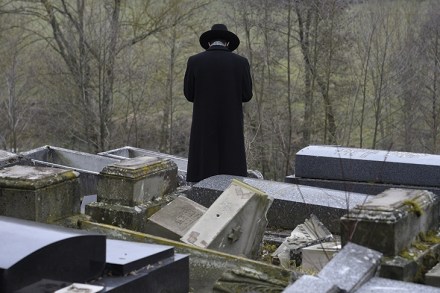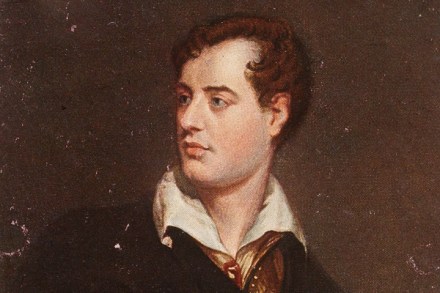The root of all evil
The love of money, says St Paul, is the root of all evil. The Snakes makes much the same point. The novel is Sadie Jones’s fourth, and the first to be set in the present. It’s the story of Bea and Dan, a nice young couple who are struggling to make the repayments on their mortgage. She’s a psychotherapist with an outsize social conscience; he’s a trainee estate agent who yearns to be an artist. Desperate for a break, they decide to spend their meagre savings on a three month unpaid holiday in Europe. The first stop is in Burgundy, at the rundown hotel run by Bea’s brother, Alex, who




















